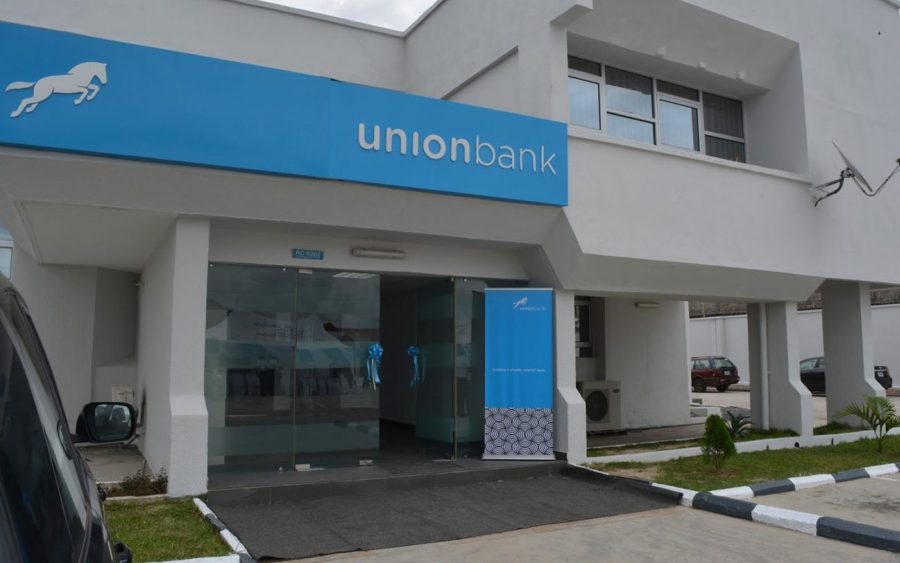Union Bank of Nigeria PLC is proposing to write off the sum of N54.458 billion, being accumulated permanent losses arising from legacy asset depreciation as recorded in its books as of 31st December 2018.
To this end, the lender’s board of directors, in a statement to the Nigerian Stock Exchange on Thursday, called for an Extraordinary General Meeting.
The EGM is to hold in Lagos on the 11th of June 2019. During the meeting, the company’s board is expected to get the shareholders’ nod to reduce the credit balance of N187.091 billion in the bank’s Share Premium Account by N54.458 billion.
The bank said it is undertaking the action in line with sections 106 and 107 of the Companies and Allied Matters Act (CAMA), which statutorily empower companies to carry out capital reduction and share capital reorganisation.
Why this matters: Losses incurred from legacy transactions have hindered Union Bank’s shareholders from getting dividends for a while. The N54.458 billion deficit revealed in the bank’s financial position for the 2018 Full Year End is an addition to the sum of N247.868 billion approved by shareholders in 2017. By implication, the current capital reduction move by the company will eliminate the major impediment which had been preventing the company from issuing dividends to its shareholders.
It should be recalled that despite a rise of 39% to N18.1 billion in its net profit in 2018, Union Bank could not declare dividends. This happened because the bank was affected by extant laws that forbid companies with retained deficits from declaring dividends.
Shareholders won’t be affected: Interestingly, the move will, by no means, alter Union Bank‘s authorised or issued share capital or regulatory capital. Similarly, it will not affect the shareholders’ funds. Also, the bank’s creditors do not need to worry about it.
Understanding Legacy Asset: A legacy asset refers to an asset in the books of a company that has depreciated in value with the passage of time. Typically, assets in this category have generally experienced loss in their value to the extent that they constitute a loss for the company.
Understanding Dividend: Dividend is a portion of a company’s profit, distributed regularly to its shareholders according to their stake. It is often decided by the board of directors, subject to the approval of shareholders.
Share Premium explained: Share premium represents the difference between the issue price of a stock and the par value of that stock. Share premium account houses the non-distributable reserves of a company and can be used to write off equity-related expenses and used to issue bonus shares.













